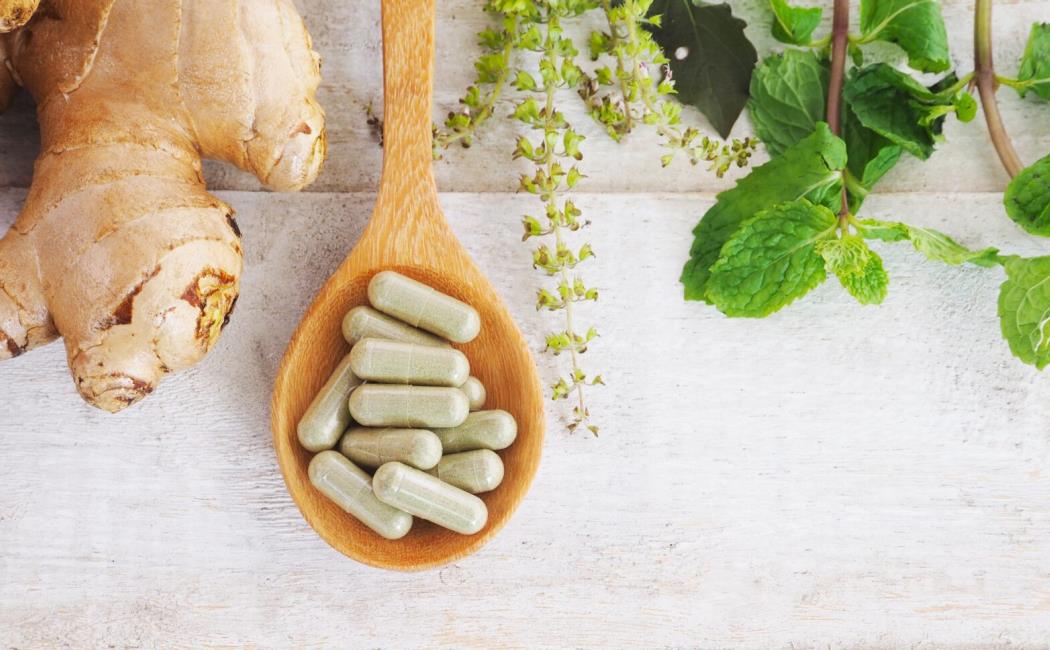
Using plants as factories for green drug production
09 May, 2023
Plants engineered to produce therapeutic peptides could provide a cost-effective and sustainable platform for manufacturing drugs.
As a proof of concept, researchers have coaxed a close relative of tobacco, Nicotiana benthamiana, to churn out peptides with antibiotic activity against some of the nastiest pathogens known to medicine, as others had done in the past.
But, unlike previous efforts to turn plants into drug-production bioreactors, the scientists also modified their shrubs to express a rat enzyme, called PAM, that enhances the stability and prolongs the activity of antimicrobial peptides.
As a proof of concept, researchers have coaxed a close relative of tobacco, Nicotiana benthamiana, to churn out peptides with antibiotic activity against some of the nastiest pathogens known to medicine, as others had done in the past.
But, unlike previous efforts to turn plants into drug-production bioreactors, the scientists also modified their shrubs to express a rat enzyme, called PAM, that enhances the stability and prolongs the activity of antimicrobial peptides.